Finding the best ways to heal a dysregulated nervous system is deeply personal and varies based on individual sensitivities and the extent of dysregulation. below you will find some practices that have worked very well for many of my past clients, let’s see which of these resonates most with you:
Walking Barefoot in Nature
Walking barefoot on natural terrain like grass or sand can ground your nervous system and promote relaxation through direct contact with the earth. If winter weather gets in the way you can also imagine yourself walking in barefoot through this guided walking meditation on YouTube.
Deep Breathing
Deep breathing exercises oxygenate the blood and calm the nervous system. Practice by sitting comfortably, inhaling deeply through your nose, and fully exhaling through your mouth. Focus on the breath flow and consider placing a hand on your chest to feel the expansion.
Deep Quality Sleep (6-8 Hours)
Quality sleep is crucial for repairing the body and brain. For those with sleep issues, exposing your eyes to morning sunlight, minimizing light exposure before bed, and avoiding meals 2-3 hours before sleep can help regulate your circadian rhythm.
Moderate Exercise (Jogging, Dancing, Walking)
Engaging in moderate physical activities like walking or dancing helps reduce stress and balance your nervous system. Find an enjoyable activity and consider joining a group for added motivation and social connection.
Co-Regulation with Friends and Loved Ones
Connecting with a loved one in a secure relationship through touch or verbal communication can help regulate your nervous system, reducing anxiety and improving sleep quality.
Yoga, Tai Chi or Qi Gong
These traditional practices promote relaxation and harmony within the body, making them excellent for stress reduction and overall health improvement. This particular 5 min energy clearing routine on YouTube will also help greatly when done regularly. Enjoy!
Chanting, Singing, Humming
Chanting, singing and humming to yourself slow down breathing and stimulate the vagus nerve, transitioning the body from fight-or-flight to rest-and-digest mode. They also serve as excellent emotional outlets.
Deep Tissue Massage
Regular massages improve circulation, reduce stress hormones, and activate the parasympathetic nervous system, aiding in relaxation and muscle tension relief.
Aromatherapy
Scents like lavender, coffee beans, and essential oils can reduce stress markers in the brain, providing a quick and effective way to calm your nervous system.
Proprioceptive Activities
Engage in weight-bearing, resistance, and cardiovascular activities to stimulate proprioception, which supports and balances the nervous system.
Cold Plunges
Cold therapy has numerous health benefits, including improving mood disorders and regulating the nervous system. Consider exploring the Wim Hof Method for more on cold therapy.
Guided Meditation
Regular meditation reduces stress, anxiety, and depression. It enhances awareness of thoughts and emotions and can strengthen neural connections in the brain. Here’s a popular letting go meditation on YouTube that you can do often, especially for anxiety release.
Screen-Free Relaxation
Taking time away from screens and electronic devices allows your body to relax fully, reducing overstimulation and improving sleep quality.
Sunshine Time
Exposure to morning sunlight helps build vitamin D and increase serotonin levels, improving mood and supporting a dysregulated nervous system.
Nature/Forest Bathing
Spending time in nature reduces stress and promotes well-being, benefiting heart rate, blood pressure, and relaxation. Are you a tree hugger like me? Comment at the bottom if you are 🙂
Epsom Salt Baths
Soaking in Epsom salt baths provides magnesium, which elevates serotonin levels and reduces stress, helping muscles and nerves relax.
Somatic Experiencing
This body-oriented technique helps discharge stress stored in the body due to trauma, teaching self-regulation through awareness exercises and gentle movements with a practitioner.
Vagus Nerve Exercises
Stimulate the vagus nerve through activities like gargling, singing, and laughing to support nervous system regulation. Also, this particulate breathwork for anxiety technique will stimulate your vagus nerve.
Hypnotherapy
Guided hypnosis allows for deep relaxation and positive suggestion, helping address issues like anxiety, stress, and pain management.
Internal Family Systems
This therapeutic approach manages different personality parts, helping heal and move past childhood trauma and limiting beliefs.
Journaling (Great for Anxiety )
Writing down thoughts and emotions can help clear your mind and deal with difficult feelings, offering a therapeutic way to process past trauma. If you’re confused about where to start in your journaling for anxiety journey, listen to this podcast episode of the anxiety guy podcast now.
Neurofeedback
This non-invasive technique measures brainwaves, providing real-time feedback to rewire circuits and improve neural connectivity.
Eye Movement Desensitization and Reprocessing (EMDR)
EMDR accesses traumatic memories and creates new, adaptive memories, reducing emotional distress and dysregulation.
Omega-3 Fatty Acids
Essential for nervous system function, omega-3s support nerve transmission and neuron function. Include sources like fish, nuts, and plant oils in your diet.
Magnesium
Magnesium supports neurotransmitter function and relaxation. Include magnesium-rich foods like almonds, pumpkin seeds, and chickpeas, or consider supplementation.
In relation to how to heal a dysregulated nervous system, magnesium will allow the system to calm enough so that you can become more flexible in your response to stressors in the future.
GABA
This amino acid helps relax the brain and improve cognitive function, found in fermented foods like yogurt, kefir, and sauerkraut.
B Vitamins
Essential for neurotransmitter production, B vitamins support nervous system health. Include sources like nuts, eggs, dairy, and spinach in your diet.
L-Theanine
Found in green tea (my daily go-to tea), L-theanine promotes relaxation and cognitive function, increasing serotonin, dopamine, and GABA levels.
St. John’s Wort
This herb relieves anxiety and depression, nourishing and energizing the nervous system. It can be used both internally and topically. Just make sure to pay attention to some of the complications that may arise if taken with medication. Talk to your physical before taking.
Electrolytes
Essential for nerve function, electrolytes support muscle contraction, heart function, and nerve signaling. Coconut water is an excellent source. Electrolytes are great symptoms such as muscle twitching and vibrations/tremors.
Blood Sugar Balance
Maintaining stable blood sugar levels supports mood regulation and nervous system health. Opt for a low-carb, low-sugar diet and stay hydrated.
Fasting
Fasting can regulate the nervous system and improve mental clarity by activating the parasympathetic nervous system and reducing fight-or-flight responses. However, be aware that in relation to how to heal a dysregulated nervous system sometimes fasting can bring about stronger bodily symptoms.
High-Quality Nutrition
Eating whole, unprocessed foods rich in vitamins and minerals supports nervous system function. Include healthy fats and fermented foods for gut health. Here’s a great nutrition for anxiety program that will work for you quickly.
Limit Alcohol Consumption
Moderate alcohol intake can be part of a healthy lifestyle, but excessive drinking impairs nervous system function and overall health.
Books and Resources
F*** Coping Start Healing by Dennis Simsek
The Body Keeps the Score by Dr. Bessel van der Kolk
Waking the Tiger by Peter Levine
Trauma School Earth by Brent Baum
Adaptogens
Ashwagandha: Relieves anxiety and stress, improving nervous system strength.
Rhodiola Rosea: Supports emotional regulation and mood balance, particularly under stress.
What are some of the best practices you’ve found in relation to how to heal a dysregulated nervous system? leave your feedback below.
The Anxiety Guy Podcast is one of the most popular mental health podcasts in the world with more than 10 million downloads alongside the Health Anxiety Podcast Show. In the podcast we talk about such topics as:
- How to heal a dysregulated nervous system
- The spiritual bond between anxiety and inner peace
- Deeper meanings to dealing with an anxiety disorder, and much more
It has been selected as the top mental health and anxiety podcast on Apple 6 times, and has been listen as a top podcast for anxiety today on Psychology Today, Choosing Therapy, Better Help, Women’s Health, Marissa Peer and many more. To listen to any of the past episodes for free, check out this page.
Listen to all future anxiety guy podcast episodes on Spotify, Tune-in, Podbean, Podbay, Podcast Addict, Scribd, Luminary, Google Podcasts, Amazon Music, or on your favorite podcast platform. You can watch all previous anxiety guy episodes through video on YouTube here.


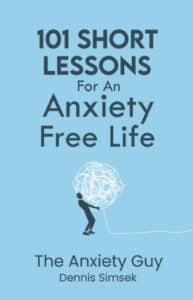

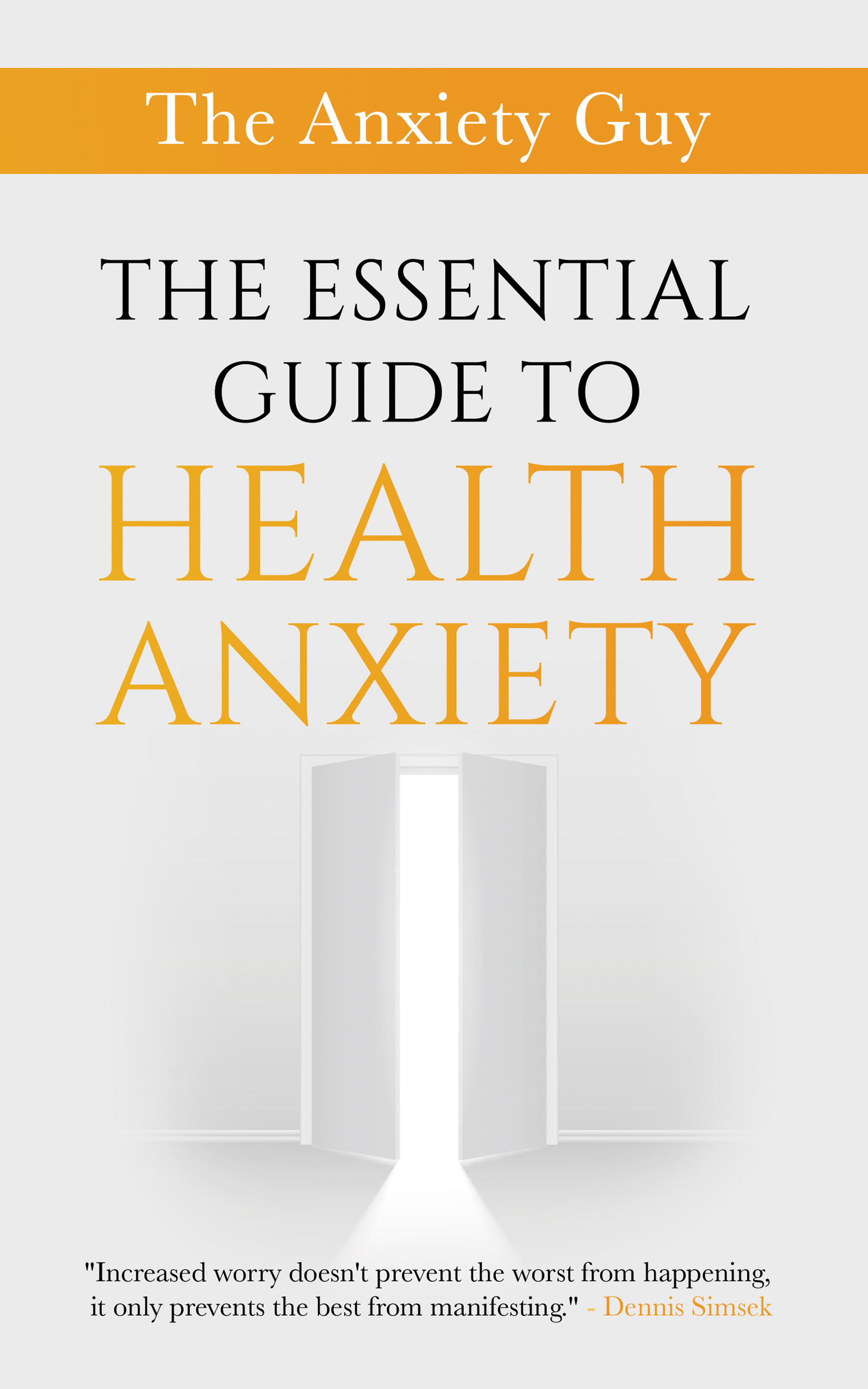
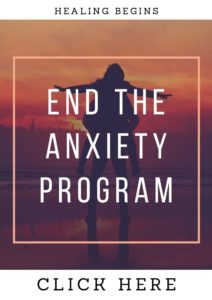
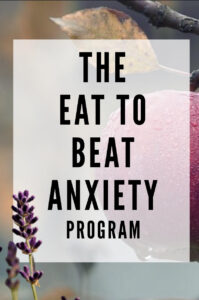



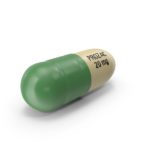









Amazing list! Thank you for all that you do.
So very welcome and thank you for your engagement.
Healing from a dysregulated nervous system is an empowering journey that invites us to reconnect with our natural rhythms and find balance in our lives. My top three practices—Screen-Free Relaxation, Sunshine Time, and Nature/Forest Bathing—have been game-changers in this healing process. Stepping away from screens allowed my mind to unwind, making room for peace and clarity. Meanwhile, soaking up the sun’s rays brought warmth and vitality, elevating my mood and energy. Lastly, immersing myself in nature provided a profound sense of calm and resetting my frazzled nerves. These simple yet powerful practices have soothed my nervous system and reignited my zest for life, proving that sometimes the best remedies come from the world around us.
Thank you for your insights.
Dear Dennis,
Thank you for these wonderful reminders of ways to soothe ourselves. Tai chi, meditation, Traditional Chinese Medicine, eating healthily, being with friends and taking electronic fasts really help soothe me—and walking in nature.
I find God in nature and spent hours in tress as a child. There is magic in knowing that every leaf on every tree is unique and different. We humans evolved from orangutans in trees, so there is a deep affinity. I wrote this haiku about my daily walks in the woods:
In green cathedrals
Along mossy aisles
My soul strolls
Singing leafy hymns
Lovely, your feedback is always so valuable thank you.